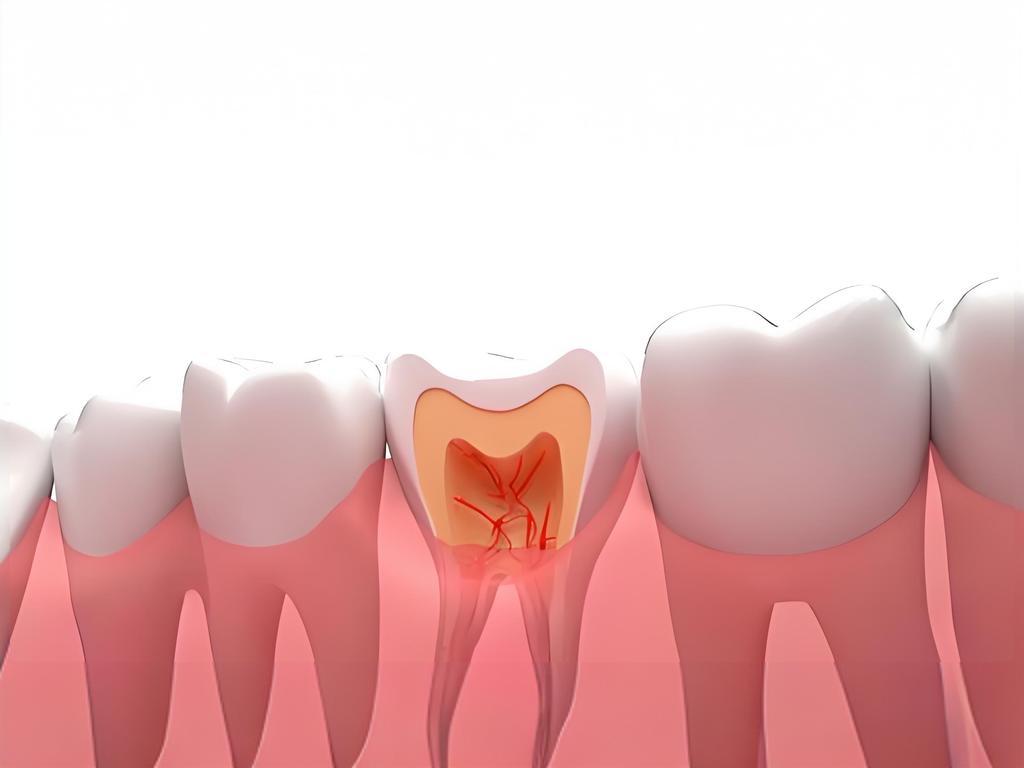Unlocking the Secrets of Gum Health: Why It Matters and How to Improve It

In the intricate tapestry of oral health, gum health often holds the key to maintaining a vibrant and disease-free smile. Yet, it is a facet that is frequently overlooked or underestimated in our daily hygiene routines. This article delves into the significance of gum health, explores why it matters, and offers practical strategies to improve and preserve it.
Why Gum Health Matters
Gum health, also known as periodontal health, refers to the condition of the tissues surrounding and supporting the teeth. These tissues, including the gums (gingiva) and the deeper periodontal ligament, alveolar bone, and cementum, form a crucial foundation for our teeth. When gum health is compromised, it can lead to a range of oral and even systemic health issues.
1. Prevents Tooth Loss: Periodontal disease, an inflammation of the gums caused by bacterial infection, is the leading cause of tooth loss in adults. As the disease progresses, it destroys the gum tissue and bone supporting the teeth, eventually leading to their loosening and eventual fallout.
2. Affects Overall Health: Recent research has linked poor gum health to an increased risk of cardiovascular disease, diabetes, respiratory infections, and even preterm births. The bacteria present in gum infections can enter the bloodstream, causing inflammation throughout the body.
3. Boosts Confidence: A healthy smile with pink, firm gums exudes confidence and enhances personal appearance. In contrast, swollen, red, or bleeding gums can be embarrassing and affect one’s self-esteem.
How to Improve Gum Health
Improving gum health requires a multi-faceted approach that encompasses daily hygiene practices, regular dental check-ups, and lifestyle adjustments.
1. Brush Correctly: Using a soft-bristled toothbrush and fluoride toothpaste, brush your teeth for at least two minutes, twice a day. Ensure you brush along the gum line in a gentle circular motion to remove plaque, the sticky film of bacteria that causes gum inflammation.
Example: “Imagine brushing your teeth in a circular motion, almost massaging your gums as you go. This technique helps dislodge plaque build-up and stimulates blood flow to the gums, promoting healing.”
2. Floss Daily: Flossing once a day is crucial for removing food particles and plaque from between teeth, where a toothbrush can’t reach. This prevents bacteria from accumulating and causing gum irritation.
Example: “After brushing, take a piece of dental floss and gently glide it between each tooth, making sure to curve it around the base of the tooth to clean the gum line thoroughly.”
3. Use Antiseptic Mouthwash: An antiseptic mouthwash can help reduce bacteria in the mouth, further supporting gum health. Follow the manufacturer’s instructions for use.
Example: “Choose a mouthwash with ingredients like chlorhexidine or essential oils, which have been shown to be effective against gum disease-causing bacteria. Rinse for 30 seconds after brushing and flossing.”
4. Quit Smoking: Smoking is a significant risk factor for gum disease. It impairs the body’s ability to fight infection, making it harder for gums to heal.
Example: “Imagine the positive impact on your gums if you were to quit smoking. Your gums would have a better chance of healing, and you’d reduce your risk of developing periodontal disease.”
5. Maintain a Healthy Diet: A balanced diet rich in fruits, vegetables, and whole grains supports overall health, including gum health. Avoid sugary and processed foods that can contribute to tooth decay and gum inflammation.
Example: “Include plenty of crunchy fruits and vegetables like apples, carrots, and celery in your diet. These foods naturally clean your teeth and gums as you chew, promoting gum health.”
6. Regular Dental Check-ups: Visiting your dentist for regular check-ups and professional cleanings is vital for maintaining gum health. Your dentist can detect and treat gum disease in its early stages, preventing it from progressing.
Example: “Schedule a dental appointment every six months for a professional cleaning and check-up. This will ensure that any signs of gum disease are caught early and treated accordingly.”
By adopting these simple yet effective strategies, you can unlock the secrets to optimal gum health, safeguarding your smile and overall well-being for years to come. Remember, a healthy mouth starts with healthy gums.













